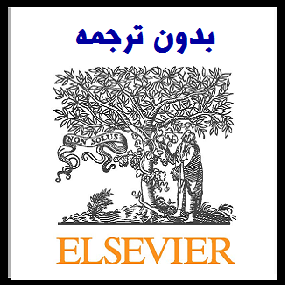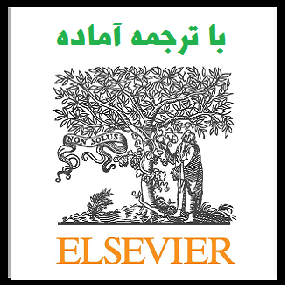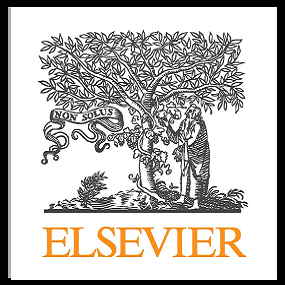دانلود رایگان مقاله مداخلات آموزشی برای نوآوری پایدار در شرکتهای کوچک و متوسط – سال 2020


مشخصات مقاله:
عنوان فارسی مقاله:
مداخلات آموزشی برای نوآوری پایدار در شرکتهای کوچک و متوسط
عنوان انگلیسی مقاله:
Educational interventions for sustainable innovation in small and medium sized enterprises
کلمات کلیدی مقاله:
مداخله آموزشی، SME، نوآوری پایدار، ترجمه، قدرت، وابستگی
کلمات کلیدی انگلیسی:
Educational intervention – SME – Sustainable innovation – Translation – Power – Dependency
مناسب برای رشته های دانشگاهی زیر:
مدیریت
مناسب برای گرایش های دانشگاهی زیر:
مدیریت کسب و کار، مدیریت دانش
وضعیت مقاله انگلیسی و ترجمه:
مقاله انگلیسی را میتوانید به صورت رایگان با فرمت PDF با کلیک بر روی دکمه آبی، دانلود نمایید. برای ثبت سفارش ترجمه نیز روی دکلمه قرمز رنگ کلیک نمایید. سفارش ترجمه نیازمند زمان بوده و ترجمه این مقاله آماده نمیباشد و پس از اتمام ترجمه، فایل ورد تایپ شده قابل دانلود خواهد بود.
فهرست مطالب:
Abstract
Keywords
1. Introduction
2. Literature review
2.1. Research field: SMEs and sustainable innovation
2.2. Translation
2.3. Power and dependency
2.4. Conceptual framework
3. Methodology
3.1. Empirical background and case selection
3.2. Data collection
3.3. Data analysis
4. Findings
4.1. Design phase
4.2. Implementation of CDP 1
4.3. Implementation of CDP 2
4.4. Summary of findings
5. Discussion
6. Conclusion
Data statement
Acknowledgements
References
قسمتی از مقاله انگلیسی:
1. Introduction
Small and medium-sized enterprises (SMEs) constitute roughly 99% of all businesses, at least in Europe (European Commission (EC), 2012), and their aggregate impact on the environment is immense (Battisti and Perry, 2011; Revell et al., 2010). Yet, when it comes to sustainable innovation, that is the development of new products, processes and ideas that benefit society and reduce environmental impacts (Schaltegger et al., 2016), SMEs are understudied (Jansson et al., 2017; Klewitz and Hansen, 2014; ReyesRodríguez et al., 2016). When studied, the strategic intentions, innovative capacities and managerial commitments of SMEs are stressed as being important drivers for sustainable innovation (Jansson et al., 2017; Reyes-Rodríguez et al., 2016), along with collaboration with external actors, e.g., Universities (Klewitz and Hansen, 2014; Lewis et al., 2015). Yet, SMEs have often been described as laggards (Parker et al., 2009), that lack understanding of the strategic potential of sustainability (Battisti and Perry, 2011; Hillary, 2000; Revell et al., 2010) and thus need education (Tilley, 1999). Different educational interventions are, therefore, directed at SMEs so as to remedy the situation (Parker et al., 2009). One type of educational intervention is that of university-led knowledge transfer programmes (Adams and Comber, 2013), for instance competence development programs (CDPs) offered for free by university staff to SME managers. While university-led programmes for SMEs have mostly been studied as means for economic growth (Bager et al., 2015; Dada et al., 2016; Hunt et al., 2013), which is less compatible with sustainability (Daly, 2013), they should also be relevant to tackle SME’s lack of sustainable innovation as they induce managers to interact with sustainability researchers (Klewitz and Hansen, 2014). Yet a general challenge commonly discussed in university-SME programmes is that SME managers’ learning style and situation makes them less susceptible to standard modes of knowledge transfer, where academics simply describe and explain things (Pittaway et al., 2015; Vega et al., 2012). Moreover, as university staff may also be less experienced in working with SME managers, and their situations and interests are very different; a lack of understanding can exist in both directions (Hunt et al., 2013).


